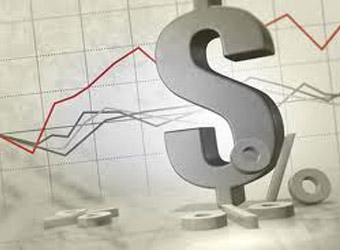The Fed kept interest rates unchanged on Wednesday but said inflation is likely to rise this year, bolstering expectations borrowing costs will continue to climb under incoming central bank chief Jerome Powell.
“The Fed’s message was a little hawkish, but dollar reaction was limited as such a stance did not come as too much of a surprise,” said Shin Kadota, senior strategist at Barclays in Tokyo.
“The heavy selling we saw on the dollar is beginning to run its course, but upbeat U.S. data would be needed for the currency to rebound further,” Kadota said.
Upcoming U.S. data include Thursday’s manufacturing ISM index and U.S. nonfarm payrolls and average hourly earnings due on Friday.
The dollar was steady at 109.170 yen after bouncing 0.4 percent overnight to pull away from a four-month low of 108.280 plumbed on Friday.
It had lost 3.1 percent against the yen in January, weighed by a bevy of factors including concerns about U.S. trade protectionism and lingering speculation the Bank of Japan was gearing up to begin an exit from its easy monetary policy.
The euro was little changed at $1.2419, having pulled away from a high of $1.2475 the previous day.
The common currency rose 3.5 percent in January, during which is scaled a three-year peak above $1.25, amid prospects for the European Central Bank to begin normalizing monetary policy this year.
That prospect got a boost earlier on Wednesday after last month’s underlying euro zone inflation picked up pace.
The dollar index against a basket of six major currencies was at 89.077 having crawled back from a three-year trough of 88.438 set last week. The index fell 3.2 percent in January.
The pound was a shade higher at $1.4202 after surging 5 percent against the dollar in January.
The Australian dollar was little changed at $0.8062 after slipping about 0.4 percent the previous day. Source: Reuters
Source: Reuters


